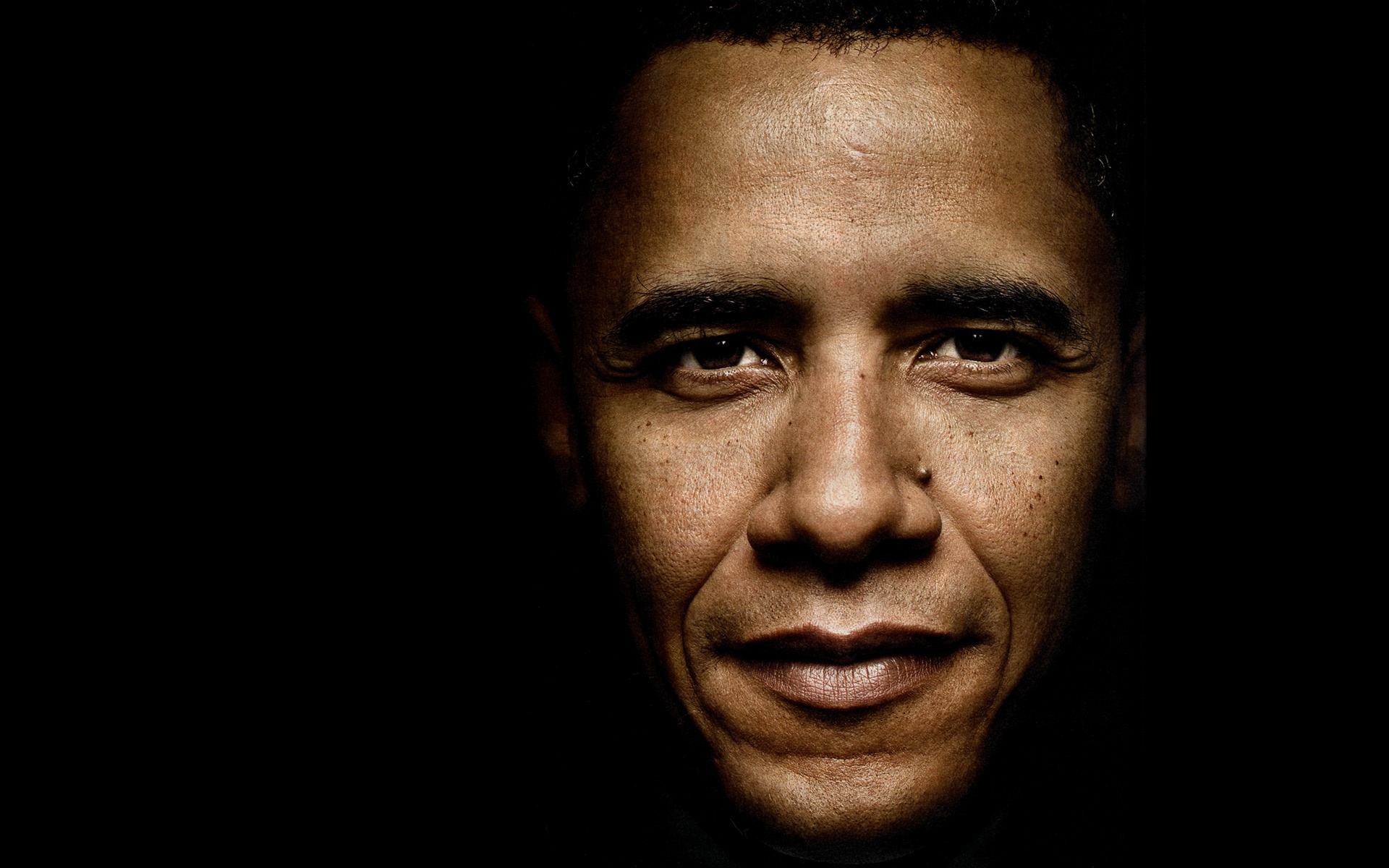All day
University Club on ASU’s Tempe campus and at the Mission Palms Hotel in Tempe.

University Club on ASU’s Tempe campus and at the Mission Palms Hotel in Tempe.

On November 4, 2008, the very aesthetics of American democracy were transformed. Barack Obama’s election as the 44th president of the United States represented a watershed moment in the history of the republic. The key to the historic nature of Obama’s victory is rooted in the very fabric of the nation’s tangled racial history. That a nation founded on racial slavery could, 145 years after the Emancipation Proclamation, elect a black president speaks to the promises and possibilities of American democracy.
In the initial aftermath of Obama’s stunning victory, journalists and pundits cheerfully declared that America had become, in one dramatic instant, a “post-racial” nation free of ancient vestiges of racial prejudice and discrimination and cleansed of the original sin of slavery through the election of the first African American head of state. From election night through to Obama’s January 20, 2009 inauguration, America (and indeed much of the world) basked in a kind of collective euphoria that recalled celebrations after World War II; rare instances where the entire world seemed to recognize, in unison, that humanity had taken a significant step toward progress.
More than two years later the politics of hope, optimism, racial equality, and change that Obama’s campaign and election inspired exist alongside a political backlash, one that has triggered roiling debates over race, domestic issues, foreign policy, and war. This conference, like the first of its kind organized by Peniel E. Joseph at Tufts University in 2010, brings together scholars, practitioners, and activists to discuss, debate, and analyze the wider implications of the Obama administration’s domestic and foreign policy agendas. Part two of this evolving series of Obama symposia at Tufts University and Arizona State University focuses on the state of Obama’s presidency and American democracy at the end of the president’s first term, and the status of his efforts to get re-elected.
Over the course of two days the conference at ASU seeks to examine the meaning of the trailblazing 2008 presidential election and Obama’s first three years in the very heart of our democracy, paying close attention to issues of race, gender, active citizenship, and international affairs.
Ultimately, Barack Obama’s presidency represents a unique, and perhaps unprecedented, opportunity to interrogate the very meaning of American democracy. While President Obama’s very biography has helped spark a national dialogue about race and democracy, the onus rests with educators, students, and citizens of all backgrounds to sustain these debates. This conference on “Barack Obama and American Democracy” offers Arizona State University and the Greater Phoenix Metropolitan area an opportunity to engage in, and expansively add to, this discussion.